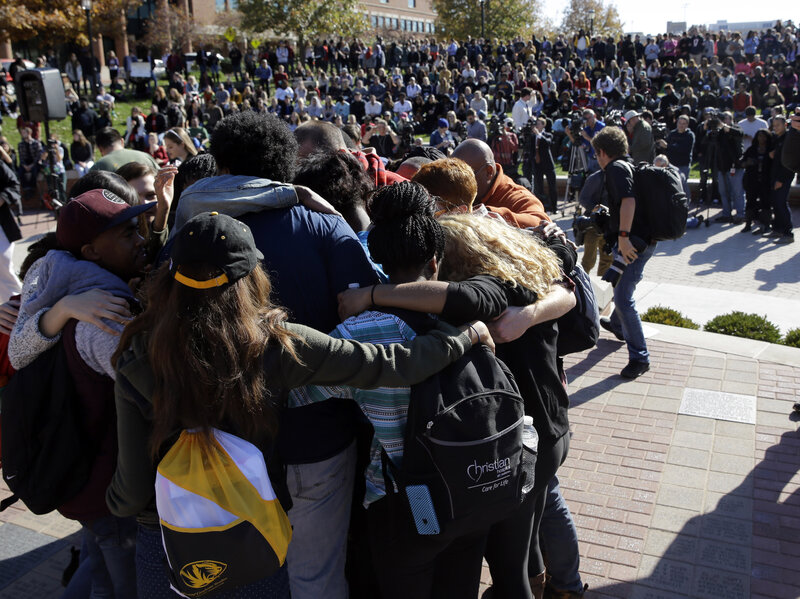- 155,390
- 134,636
- Joined
- Oct 13, 2001
oh god...the coach tap dancing away from all the protest all of a sudden...he just needed his players to be satisfied so he can get another dubbya....
Let me guess, he used the, "Jesus is going to handle it" card?



 legislation to further oppress, yeah that will solve things. They'll never get another top talent.
legislation to further oppress, yeah that will solve things. They'll never get another top talent.